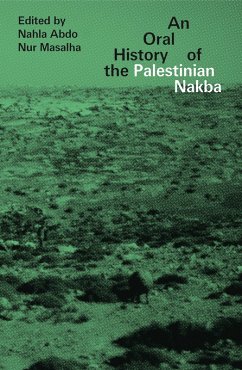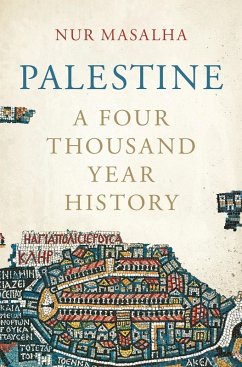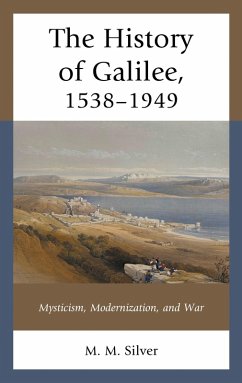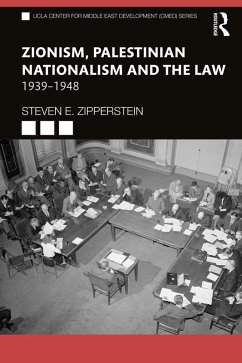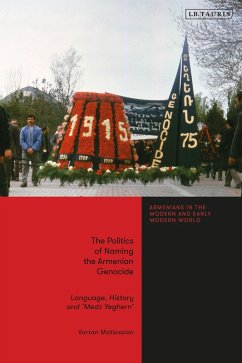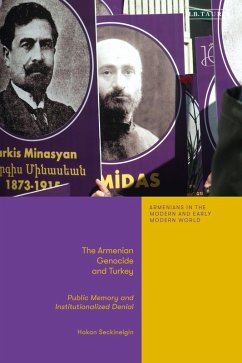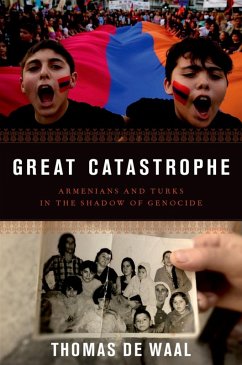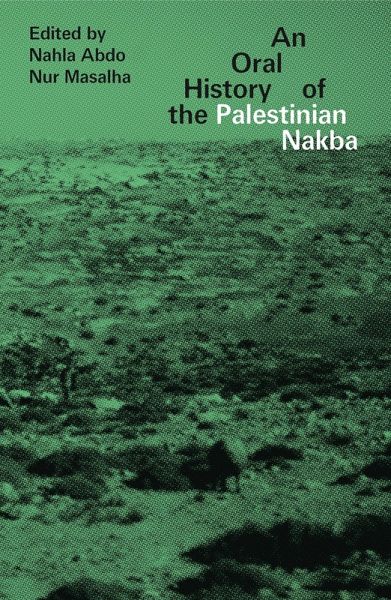
An Oral History of the Palestinian Nakba (eBook, ePUB)
Versandkostenfrei!
Sofort per Download lieferbar
19,95 €
inkl. MwSt.
Weitere Ausgaben:

PAYBACK Punkte
10 °P sammeln!
In 2018, Palestinians mark the 70th anniversary of the Nakba, when over 750,000 people were uprooted and forced to flee their homes in the early days of the Israeli-Palestinian conflict. Even today, the bitterness and trauma of the Nakba remains raw, and it has become the pivotal event both in the shaping of Palestinian identity and in galvanising the resistance to occupation. Unearthing an unparalleled body of rich oral testimony, An Oral History of the Palestinian Nakba tells the story of this epochal event through the voices of the Palestinians who lived it, uncovering remarkable new insigh...
In 2018, Palestinians mark the 70th anniversary of the Nakba, when over 750,000 people were uprooted and forced to flee their homes in the early days of the Israeli-Palestinian conflict. Even today, the bitterness and trauma of the Nakba remains raw, and it has become the pivotal event both in the shaping of Palestinian identity and in galvanising the resistance to occupation. Unearthing an unparalleled body of rich oral testimony, An Oral History of the Palestinian Nakba tells the story of this epochal event through the voices of the Palestinians who lived it, uncovering remarkable new insights both into Palestinian experiences of the Nakba and into the wider dynamics of the ongoing conflict. Drawing together Palestinian accounts from 1948 with those of the present day, the book confronts the idea of the Nakba as an event consigned to the past, instead revealing it to be an ongoing process aimed at the erasure of Palestinian memory and history. In the process, each unique and wide-ranging contribution leads the way for new directions in Palestinian scholarship.




